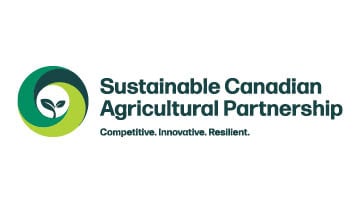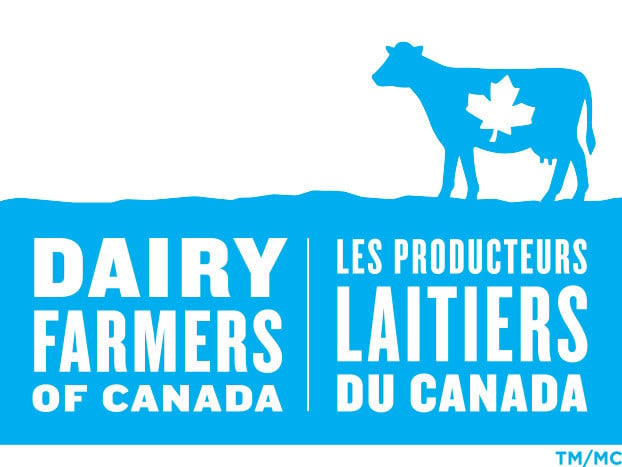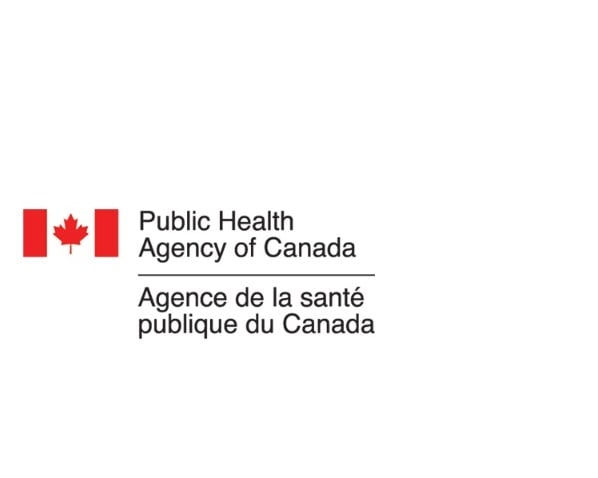Selective treatments for bovine mastitis: Impacts on animal health, milk quality, antibiotic resistance, and farm profitability
Ongoing

Project Overview
Antimicrobial resistance is a threat to human and animal health, and there is a need to reduce unnecessary antimicrobial use on dairy farms. Most antimicrobials on dairy farms are used for mastitis treatments, which are widely applied at dry off and in early lactation. Developing strategies to select the most appropriate and efficacious dry cow and clinical mastitis therapies within different farm contexts could help decrease antimicrobial use on Canadian dairy farms.
The overall objective of this project is to investigate best practices, impacts, and economic benefits of selective dry cow therapy and selective treatment of clinical mastitis in Canadian dairy herds. This research aims at providing practical, evidence-based selective mastitis treatment protocols to responsibly reduce the use of antimicrobials while maintaining animal health and improving dairy farms’ bottom line.
What Will the Research Team Do?
The research team will conduct this project in three phases, with a minimum of 60 participating farms in 4 regions of Canada (Alberta, Quebec, Ontario, and Atlantic Canada), where teams will; (i) describe and compare the prevalence of antimicrobial resistance (AMR) of mastitis pathogens on farms with blanket vs selective mastitis treatment practices; (ii) measure the impact of transitioning from blanket to selective methods of dry cow therapy and clinical mastitis treatment on antimicrobial resistance; and (iii) re-assess and compare the prevalence of antimicrobial resistance on study farms, evaluating the effect of the transition to selective mastitis treatment on profitability. Metagenomic techniques will be applied to characterize milk samples and first estimate impacts of selective practices in AMR from a genetic perspective. Furthermore, with inclusion of economic analyses, this program will consider efficiency in addition to health parameters. Participatory discussion groups with a producer-led approach will provide insights for development of SOPs and sustainable changes in antimicrobial use that are acceptable to farmers and staff.
The objectives of this project are to:
- Assess the prevalence of antimicrobial resistance in mastitis pathogens in Canadian dairy herds.
- Identify herd- and cow-level criteria for implementing selective dry cow therapy and treatment of clinical mastitis.
- evaluate the impacts of selective dry cow therapy and selective treatment of clinical mastitis on farm-level parameters.
- Determine whether selective dry cow therapy or selective clinical mastitis treatment reduces antimicrobial resistance prevalence in mastitis pathogens.
- Estimate the economic impacts of selective mastitis treatment practices considering Canadian settings.
- Develop practical standard operating procedures for selective dry cow therapy and clinical mastitis treatment.
Principal Investigators
Herman Barkema
University of Calgary
Tim McAllister
Agriculture and Agri-Food Canada (Lethbridge)
Co-Investigators
Jeroen De Buck
University of Calgary
David C. Hall
University of Calgary
Karin Orsel
University of Calgary
Caroline Ritter
University of Prince Edward Island
David Renaud
University of Guelph
Jean-Philippe Roy
Université de Montréal
Richard Reid-Smith
Public Health Agency of Canada
Richard Cantin
Lactanet
Key Words
- Dry cow therapy, mastitis, antimicrobial resistance, protocols
Period: 2023-2028
Budget: $768,000
Last Updated: June 14, 2024
Note: As per the research agreement, aside from providing financial support, the funders have no decision-making role in the conduct of the studies, data collection, and analysis or interpretation of the data. Researchers are independent in conducting their studies, own their data, and report the outcomes regardless of the results. The decision to publish the results rests entirely with the researchers.


